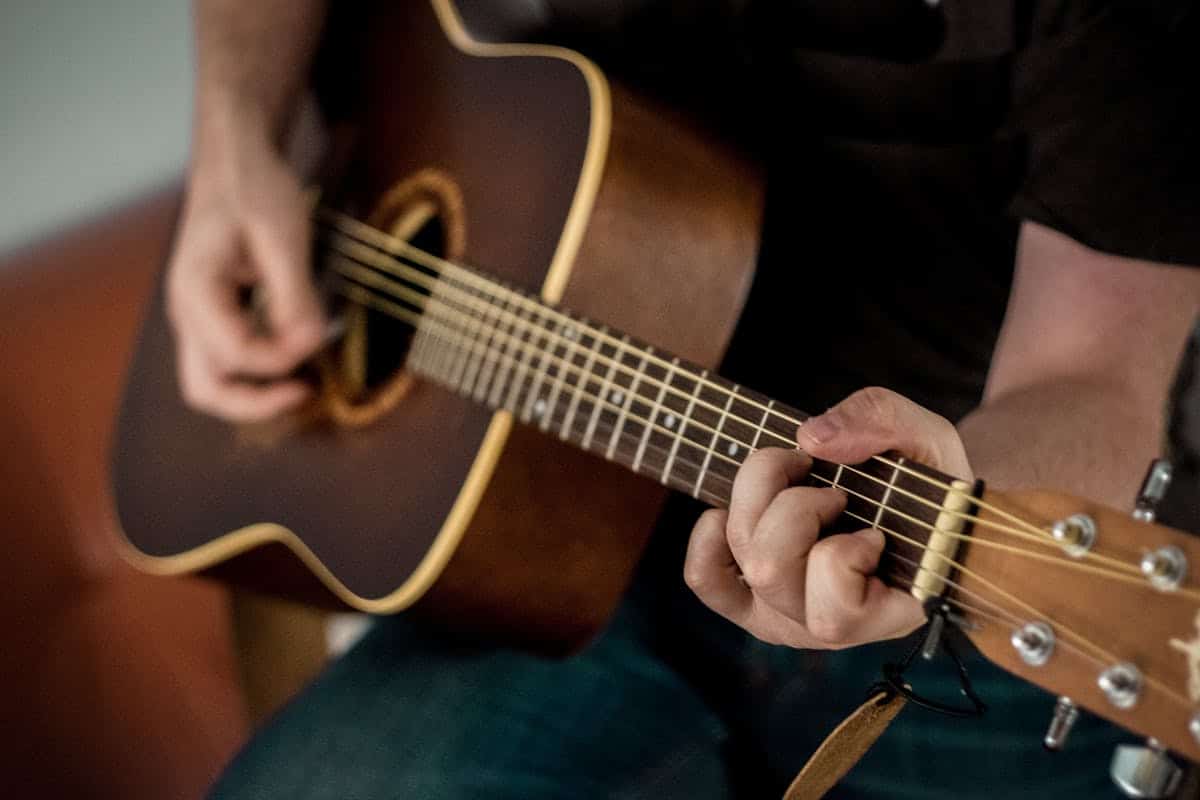Table of Contents
Guitars, ukuleles and other stringed instruments continue to grow in popularity. These portable instruments give musicians a fun way to share their musical prowess. Whether it’s just for fun at home, in front of some friends, a coffee shop open night mic, or even around a campfire, people love the sounds and music of guitars and ukuleles. While they may look similar, there are some differences in these instruments that are about more than just how big they are, they are the strings themselves. Whether you want something for travel or a new instrument to play, let’s learn more about the strings of ukuleles and guitars.
Evaluating Price vs Quality
While the saying that “you get what you pay for” rings true in a lot of sectors, this isn’t so cut and dry when you’re talking about strings. Musicians already need to consider the price vs. quality of their instruments for sure, however, the most expensive strings are not necessarily required depending on how you plan to play your guitar or ukulele.
Looking at overall factors like venues you plan to play in and durability can help you decide between different instruments. Next, choosing between vinyl, coated, and different metal strings can help you figure out not only the kind of sound you want, but also the price you are willing to play. Of course steel strings will run you more money than plastic ones, but for what you’re doing, plastic might be exactly what you need.
Ukulele strings don’t necessarily come in as wide of a variety of options as guitar strings either. They also tend to have a simpler design and are usually made from nylon or a fluorocarbon material. Of course, there may be some high end set out there, but for most ukulele enthusiasts, the cheap ones are just fine.
Electric Guitar Strings vs. Ukulele Strings
When you are embracing an electric guitar, you will have a whole new set of expectations. The tone, tension, and even your playing style will help you determine the right strings for your needs. Electric guitar strings are different from acoustic, and are usually engineered for a very specific environment. You’ll often find them made out of nickel or steel so that the pickups and amplifiers can pick up their sounds more distinctly. These strings also tend to be thinner and even more flexible than you would find on a ukulele.
Of course, on the flip side, those ukulele strings are usually nylon based and made for an acoustic instrument. They are not engineered to work with effects the same way you would find on an electric guitar. Ukuleles are a simple instrument that people flock to because of its distinct sound that makes it easy to play fun sounds with exciting strumming patterns.
Picking the Right String Tension
Believe it or not string tension is important for how you interact with your instrument. Any guitar player can tell you how that feels when you are first learning how to play the instrument. Guitarists spend a lot of time developing finger strength and calluses so they can play the strings without pain.
Alternatively, ukulele strings are much looser which makes it easier for beginners to use. These smaller instruments are designed to help even the most casual of musicians to play more easily and have fun while they do it. Of course, you won’t have the precision with a ukulele like you do with a guitar because of these string differences, but each one has a unique sound you can enjoy almost anywhere.
Strings and Longevity
One of the considerations to think about when it comes to ukuleles and guitars is how long the strings last. Many musicians can play on the same guitar strings for months. Things that can affect this longevity include climate, corrosion, and even sweaty hands. In addition, putting too much tension on the strings too soon can cause them to be more fragile and snap sooner rather than later.
Ukulele strings, on the other hand, will last far longer with casual use. The nylon material they are made out of is less sensitive to humidity. They also won’t corrode, and sweaty, nervous palms are less likely to cause a problem. People love taking ukuleles when they travel not just for portability, but also because they are less likely to be in a situation where the strings will snap and they won’t be able to replace it right away.
Of course, no strings are immortal, and as a musician, it’s wise to be able to recognize the signs that your strings are going to need to be replaced. Whether you like the fun and casual sound of a ukelele or you are training to be a more serious electric guitar player, knowing your strings can help you in the long run.


